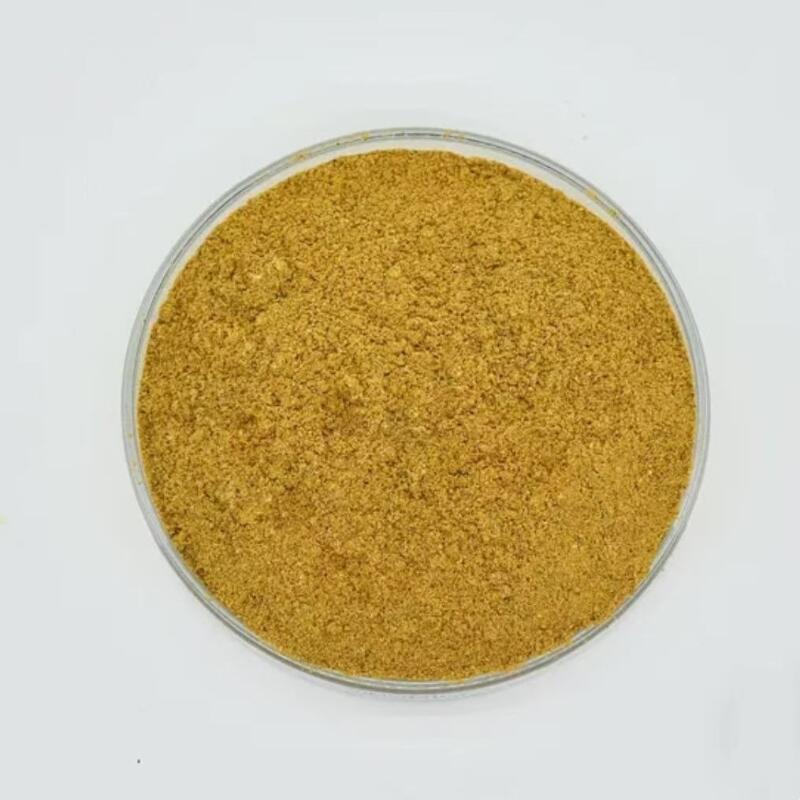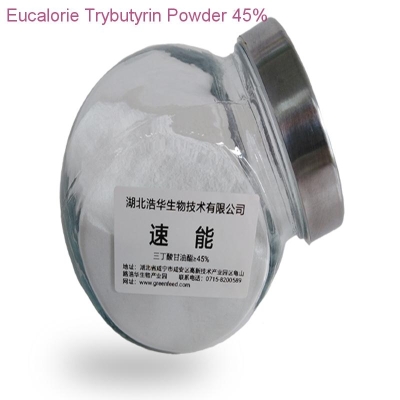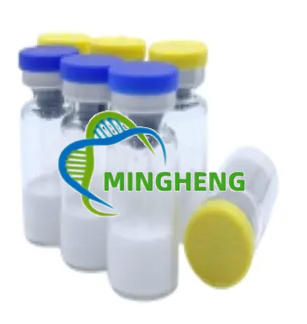-
Categories
-
Pharmaceutical Intermediates
-
Active Pharmaceutical Ingredients
-
Food Additives
- Industrial Coatings
- Agrochemicals
- Dyes and Pigments
- Surfactant
- Flavors and Fragrances
- Chemical Reagents
- Catalyst and Auxiliary
- Natural Products
- Inorganic Chemistry
-
Organic Chemistry
-
Biochemical Engineering
- Analytical Chemistry
-
Cosmetic Ingredient
- Water Treatment Chemical
-
Pharmaceutical Intermediates
Promotion
ECHEMI Mall
Wholesale
Weekly Price
Exhibition
News
-
Trade Service
The chemical industry plays a vital role in modern society, providing the materials and products that are essential for a wide range of industries, including pharmaceuticals, agriculture, and textiles.
One important chemical that is widely used in the industry is betaine, which is a naturally occurring compound that is synthesized by certain plants and microorganisms.
Betaine is a versatile compound that has a wide range of applications in the chemical industry.
It is used as a raw material in the production of a variety of products, including detergents, surfactants, and emulsifiers.
It is also used as a pharmaceutical intermediate, and is currently being studied for its potential therapeutic effects in a number of diseases, including depression and cerebrovascular disorders.
There are several different synthetic routes that are used to synthesize betaine.
The most common method involves the use of a chemical reaction known as the Oppenauer oxidation, which involves the oxidation of choline with sodium hypochlorite to form betaine.
This reaction is highly selective, and yields a high yield of betaine with little to no side products.
Another common method for synthesizing betaine involves the use of a bacterial fermentation process.
This process involves using microorganisms that are capable of synthesizing betaine to produce the compound through metabolic processes.
This method is often used when large quantities of betaine are needed, as it is less expensive than other synthetic methods.
There are also several other synthetic routes that are used to synthesize betaine, including the use of hydrogenation and methylation reactions.
These methods are less commonly used than the Oppenauer oxidation and bacterial fermentation, but may be used in certain situations where the other methods are not feasible.
One important consideration when synthesizing betaine is the purity of the final product.
Betaine is a weak acid, with a pKa value of around 8.
5, and it is therefore highly ionized in aqueous solutions.
This can make it difficult to isolate and purify the compound, as it tends to precipitate out of solution as a solid.
To ensure the purity of the final product, it is important to use high-purity reagents and to carefully control the reaction conditions.
This may involve using specialized equipment, such as a reaction vessel or a centrifuge, to carefully separate the betaine from any impurities that may be present.
In conclusion, the synthetic routes of betaine are varied and include the use of chemical reactions such as the Oppenauer oxidation and the use of bacterial fermentation.
The choice of route will depend on the specific requirements of the application, such as the yield and purity of the final product, and the cost and availability of the starting materials.
Regardless of the method used, the synthesis of betaine is an important process in the chemical industry, and has a wide range of applications in pharmaceuticals and other fields.







